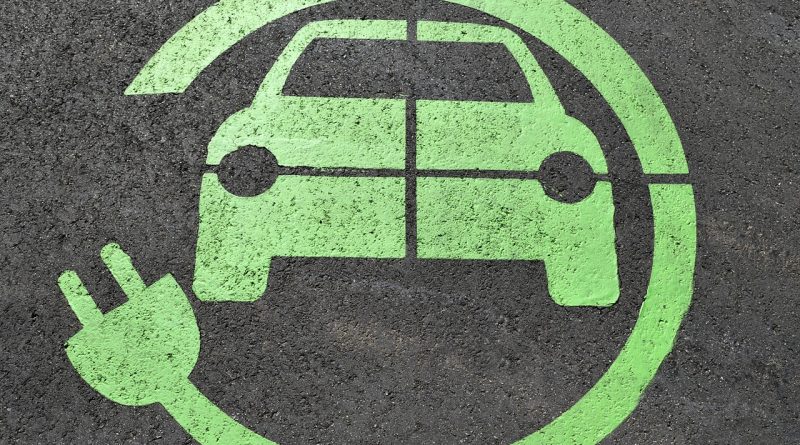An Alternative Fuel Vehicle story
It seems apparent that the world is heading towards an energy crisis. The meter is heading towards “E” on petroleum and we need an alternative fuel vehicle. Cars can’t run on good wishes alone and we need an alternative fuel source that is both economical as well as earth-friendly. One of the options for efficient energy seems to be the hybrid electric vehicle.
Hybrid electric vehicles are a top contender to be the alternative fuel vehicle, replacing the gasoline powered vehicles of today. They are efficient, reliable and becoming most cost effective every day. No wonder they’re quickly becoming popular. Besides the “green” factor, the designs of these types of vehicles are also pleasing to the eye – unlike the early clunky looking models.
Popularly known as the hybrid, this alternative fuel vehicle runs on battery electric power and good old fashioned gasoline. It gets much higher mileage per gallon than traditional vehicles and dispels less carbon dioxide to boot. Not only that, this alternative fuel vehicle is being adopted by and large in the marketplace. Most major automotive manufacturers produce at least one hybrid and you can buy them at any new car dealership. Many manufacturers of vehicles are adding hybrids to their line up of available models.
Another benefit to this kind of alternative fuel vehicle is that it will last longer because there’s less wear and tear. Alternative energy research has given us a vehicle with a combustion engine that stops running when you enter a traffic jam or slow down considerably and the battery electric engine takes over. This means you won’t wear your combustion engine out by taking off or slowing to idle. Instead, you can rely on the dependable and less complex battery engine that gives you better acceleration and torque to begin with. You also get the benefit of recapturing waste energy via the regenerative braking system, which helps minimize pollution.
Like any new technology, hybrids run with a higher price tag than traditional gasoline powered vehicles. At the present time, the lofty price tag of an alternative fuel vehicle would put a hurtin’ on any blue collar worker’s pocketbook. But for some, the benefits might just outweigh the costs. For instance, the “hybrid premium” is often offset by the payback period wherein the cost is balanced out by a savings on gas over time. Not to mention that most other types of alternative fuel cars depreciate much faster than a conventional car but that isn’t the case at all with the hybrid. In fact, studies have shown that hybrid vehicles will actually depreciate at a slower rate than conventional vehicles, making this alternative fuel vehicle a better choice for consumers that want to live a “greener” lifestyle.
A final positive is that the hybrids can also run on other forms of alternative fuel. Vehicle manufacturers can add a flexible fuel engine, or you can just use bio-diesel, ethanol or biogas. This gives hybrids a flexibility that most others in the alternative fuel vehicle category don’t have.
After much deliberation and consideration it would appear that the hybrid is the best choice when buying an alternative fuel vehicle. You have the benefit of higher gas mileage and better engine performance. As well as the reduction in greenhouse gas emissions which will help stave off global warming. These benefits make the hybrid a very popular and tangible alternative fuel vehicle, unlike some of the other vehicles in the category.


